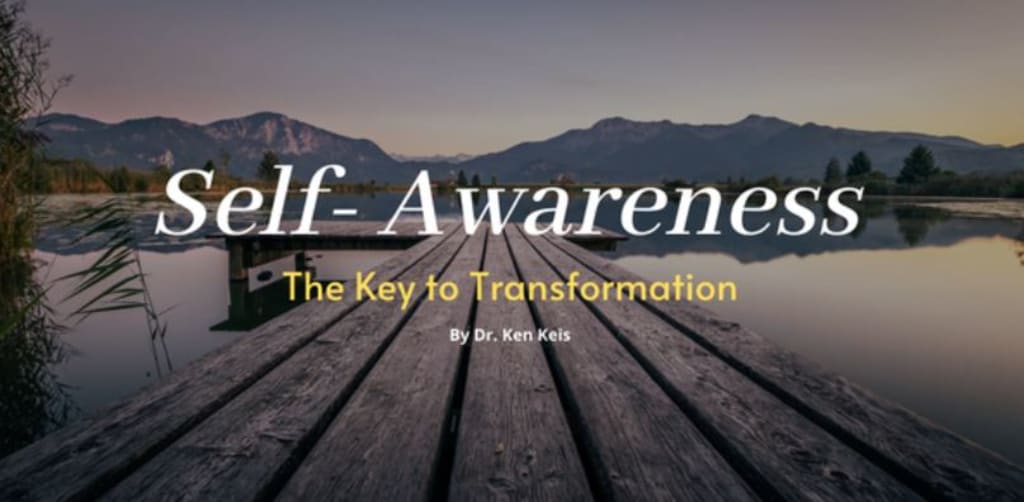
Who goes through more difficulties? The dumb people or the intelligent people? What do you say?
Intelligent individuals may encounter difficulties related to high expectations, perfectionism, or the pressure to constantly perform at a high level. They may also face unique challenges, such as grappling with complex problems or feeling isolated due to a lack of intellectual peers.
On the other hand, individuals who are perceived as less intelligent may face different types of challenges. They may experience social stigmatization, stereotypes, or limited opportunities, which can impact their self-esteem and access to resources.
This is one of the question asked to me in quora. I would like to explain based on my own experiences in life. In every phase, we go through difficulties, my dear friend. But the nature of difficulty varies from person to person.
DUMB PHASE
when I was dumb, it was difficult to even understand the situation I was in. Often I tend to ignore stuff or throw the responsibility on others or blame others. I was not open to handling uncertainty.
TRANSITION PHASE
when I was in the transition phase (Between the dumb and the mature phase), I can sense what I am going through but due to lack of exposure and experience, I wasn't able to handle the situation. I was struggling a lot and even got depressed. But in this phase, I didn't blame anyone or tried to shift responsibility on others. I tried. I failed. I accepted and embraced myself.
MATURE PHASE
Mature phase (stage of self-awareness) - Understanding anything in the world comes with diligent practice. When I came through some difficulties in this phase, I understood what I lacked and where I wanted to improve. I kept working on it. I saw a gradual improvement in my life and I felt relieved after knowing the truth of constant self-improvement. Before that, I was assuming people were born intelligent. But they were not. Everything lies in self-improvement.
HOW TO HANDLE LOW PHASES
For example, if I feel I do not know to cook (Or any other skill/ applies to any emotional change as well) and let's assume the situation makes me feel a bit low about my lacking of cooking skills.
Firstly I accept, I do not know to cook and say to myself It's ok not being able to do so.
Secondly, I tend to find that is it necessary to focus on cooking at this point in life.
Thirdly, If yes I will start learning and experimenting. If not I will focus on stuff that is necessary for the moment of my life.
HEALTHY TRANSFORMATION
See, Everything works based on prioritization. Each and every one of us has different priorities in life, based on the opportunities provided to us and the situations we are going through. The Question paper is different for anyone here. That's why we should never judge anyone for being dumb or being intelligent. Everyone goes through the process of transformation. The person you were yesterday is not today. It's all about the transformation due to the experience and exposure.
Both intelligent and less intelligent individuals can encounter challenges and obstacles that may vary in nature and complexity. It's important to recognize that intelligence is a multifaceted trait that encompasses various cognitive abilities, such as problem-solving, memory, and reasoning skills.
Even the intelligent person has the dumbest situations. The dumbest at times may handle situations in a better way.
Intelligence is not the sole determining factor in how well someone handles difficult situations. There are many other qualities and skills that contribute to effective problem-solving and coping, such as emotional intelligence, resilience, creativity, adaptability, and perseverance.
Intelligent individuals may excel in certain areas but could still struggle in different aspects of life or face challenges they find difficult to navigate. Conversely, individuals who may not be considered highly intelligent by traditional measures can still possess valuable skills, experiences, and perspectives that help them overcome obstacles and find success.
The ability to handle difficult situations effectively often depends on a combination of factors, including one's mindset, personal experiences, support systems, and the specific nature of the challenges they face. It's important to avoid making sweeping generalizations about individuals based solely on their intelligence or assuming that intelligence guarantees success in all areas of life.
There can be no single event that can conclude a person’s intelligence. Your journey matters. Your experience and exposure matter. Willingness to evolve matters.
According to me, the most stressful and difficult phase to handle was the transition phase.
It's crucial to note that intelligence is just one aspect of a person's overall abilities and character. Many other factors, such as social support, emotional intelligence, resilience, and personal circumstances, play significant roles in determining how individuals navigate difficulties in their lives.
Ultimately, it's not productive or fair to generalize the experiences of people solely based on their intelligence. Each person faces a unique set of circumstances and challenges that can differ regardless of their intellectual capabilities.
About the Creator
Thara's Space
Researcher, Designer, Writer. Hope you enjoy my content.






Comments
There are no comments for this story
Be the first to respond and start the conversation.